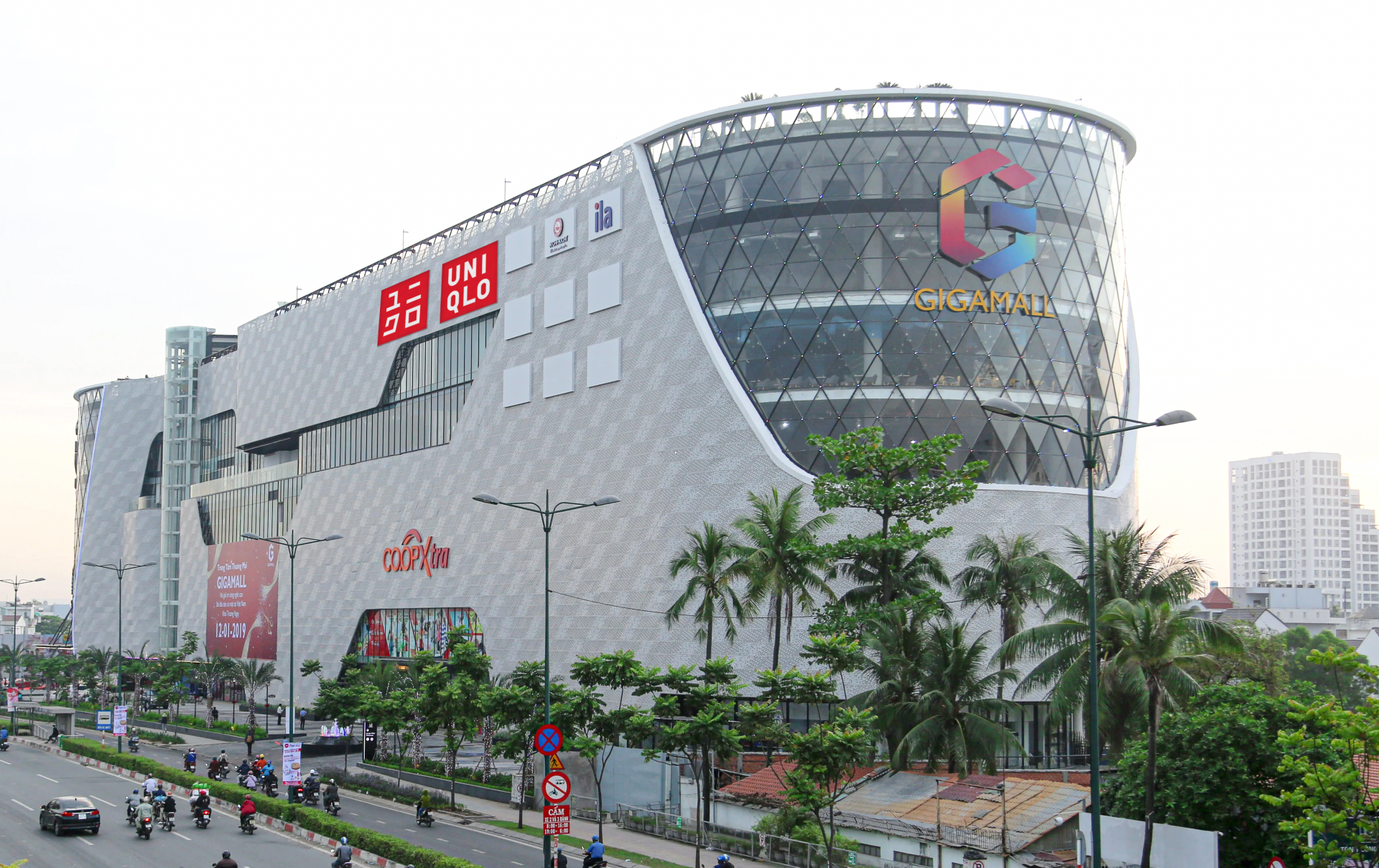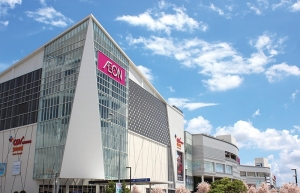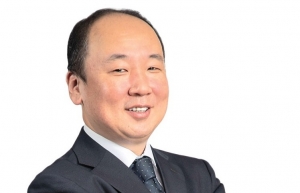Japanese retail businesses want to expand in Vietnam
Announced by the Japan Trade Promotion Organization (JETRO) in Vietnam on January 26, the survey was conducted from August 21 - September 20, 2023.
 |
| UNIQLO Gigamall, the 23th store of UNIQLO, will open soon in Thu Duc city, Ho Chi Minh City |
Nobuyuki Matsumoto, chief representative of JETRO in Ho Chi Minh City said that by industry group, the proportion of manufacturing enterprises wanting to expand operations was 47.1 per cent, and non-manufacturing enterprises 65.5 per cent.
Japanese businesses evaluate the attractiveness of Vietnam as a growing and potential market. The main strength is the stable socio-political situation and cheap labour. Vietnam will continue to receive a lot of attention in the China + 1 trend.
Further results from the survey pointed out that 56.7 per cent of Japanese businesses said they planned to expand business in Vietnam in the next 1-2 years, the second most in Southeast Asia, after Laos.
“This rate decreased by 3.3 percentage points compared to the 2022 survey. Although expansion ambitions remain high, Vietnam is the only country among the six key Southeast Asian countries with a reduced expected expansion rate,” said Matsumoto.
Across all Asia-Pacific markets that JETRO surveyed, the rate of Japanese businesses planning to expand business in Vietnam is behind India, Bangladesh and Laos. Thus, after two consecutive years of Vietnam leading Southeast Asia, Laos has surpassed the ranking, with 63.3 per cent of Japanese businesses wanting to expand their business inside the country.
However, the main risks that make them hesitant are complicated administrative procedures, increased labour costs and an incomplete legal system that lacks transparency in operations.
A trend to note is that Vietnam has the advantage of cheap labour but at the same time the risk is that costs are increasing. In addition, Vietnam is behind other countries in Southeast Asia in terms of infrastructure, he added.
The rate of Japanese businesses expected to be profitable when doing business in Vietnam in 2023 is 54.3 per cent, 6.6 per cent points lower than the Southeast Asia average. The cause is a decline in domestic and foreign demand, increased labour and input costs, and fierce competition with other competitors.
By 2024, half of businesses surveyed said profits would improve. "Although exports have had a difficult year, it is expected to recover," Matsumoto said.
Last year, the localisation rate of Japanese companies in Vietnam increased to 41.9 per cent. JETRO said that Japanese businesses still had high motivation to promote on-site purchasing activities, and at the same time expected the further development of the supporting industry.
"Going forward, high-quality personnel such as specialised engineers is an issue that needs attention," Matsumoto recommended.
According to the General Statistics Office, Japanese investors registered nearly $6.57 billion into Vietnam, accounting for nearly 18 per cent of the country's total foreign investment capital in 2023, an increase of 37.3 per cent compared to 2022, ranking second among countries and territories investing in Vietnam.
 | Japanese retailers jumping on board During the last few years, Japanese investors boldly expanded their influence in Vietnam, especially in the retail sector. |
 | Japanese retailers repositioning strategies in Vietnam’s shifting landscape Japanese retailers are changing their business and investment strategies to adapt to Vietnam’s evolving retail landscape. |
 | Bringing the standards and quality of Japanese retail brands to Vietnam Vietnam remains an enticing business and investment environment for Japanese investors, especially in the retail sector. Furusawa Yasuyuki, general director of AEON Vietnam, explained to VIR’s Oanh Do how the company is making further efforts to develop its brand while also bringing the best value to customers. |
What the stars mean:
★ Poor ★ ★ Promising ★★★ Good ★★★★ Very good ★★★★★ Exceptional
Latest News
More News
- MAE names big 10 policy wins in 2025 (February 06, 2026 | 08:00)
- US firms deepen energy engagement with Vietnam (February 05, 2026 | 17:23)
- Vietnam records solid FDI performance in January (February 05, 2026 | 17:11)
- Site clearance work launched for Dung Quat refinery upgrade (February 04, 2026 | 18:06)
- Masan High-Tech Materials reports profit: a view from Nui Phao mine (February 04, 2026 | 16:13)
- Hermes joins Long Thanh cargo terminal development (February 04, 2026 | 15:59)
- SCG enhances production and distribution in Vietnam (February 04, 2026 | 08:00)
- UNIVACCO strengthens Asia expansion with Vietnam facility (February 03, 2026 | 08:00)
- Cai Mep Ha Port project wins approval with $1.95bn investment (February 02, 2026 | 16:17)
- Repositioning Vietnam in Asia’s manufacturing race (February 02, 2026 | 16:00)
















 Mobile Version
Mobile Version